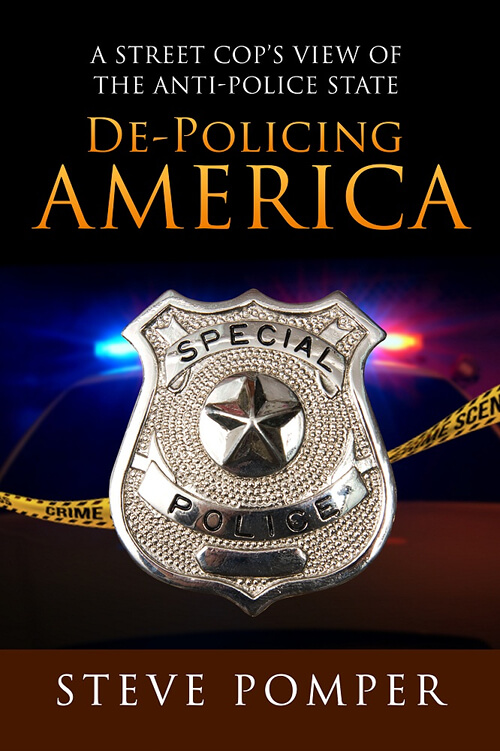The Wall Street Journal’s Daniel Henninger had a great column this week—as usual. The gist was about the Democrats’ lack of attention to domestic and foreign national security threats. Henninger argues the Dems abandoned any pretense of concrete concern for the national security issues back in 1968 during Hubert Humphrey’s unsuccessful run for President against Richard Nixon. Henninger points out that the similarities of then compared to now, regarding foreign and domestic security threats proliferating, are significant.
If I may quibble with greatness, one comment Henninger made (which I agreed with in substance) struck me. He referred to the decline of pro-active policing (so called, de-policing) as a byproduct of the “Ferguson effect.” I agreed with Henninger’s premise entirely, but this term gives the impression the increased anti-police sentiment began after the Ferguson, Missouri debacle. To refresh memories, robbery suspect Michael Brown attacked Police Officer Darren Wilson and tried to take the officer’s gun. The officer, doing his job, shot and killed Brown. Subsequent false statements by Brown’s partner-in-crime, Dorian Johnson, drove the aftermath–hands up; don’t shoot, which also included the DOJ’s prosecutorial persecution of Officer Wilson.
The term, “Ferguson effect,” will likely proliferate. However, we should, at least, remember that the political assault and marginalization of the American law enforcement officer has been occurring for quite some time—long before Ferguson. And, there is a common denominator regarding this negative sentiment toward police officers, and its initials are—quite literally—DOJ.
Perhaps, the term, the “DOJ effect” or the “Obama effect” would be more appropriate, as well as more accurate. Can we forget President Obama’s early contributions to the anti-police rhetoric? There was, “The Cambridge police acted stupidly.” The President also overtly supported Michael Brown,even sending representatives to Brown’s funeral, when the investigation had barely started. Then, Attorney General Eric Holder was right there with his boss in a rush to provide “justice” for the “victim.” Only, the “victim” was Darren Wilson (the cop) not Michael Brown (the criminal). Yet, the “hands up, don’t shoot” myth persists, in part due to an Obama and Holder DOJ that never met a law enforcement department they liked. Apparently, for the DOJ, The only good cop is a… cop under a federal consent decree.
Before 2009, Seattle police officers had their problems with perennial local, anti-police malcontents. These groups received far too much regard from Seattle’s leftist city government and media, but, at least, it was “in-house” and limited. Following the DOJ’s arrival in town and the issuing of bogus findings resulting from a since-discredited investigation, which resulted in an unnecessary federal consent decree, police morale plummeted–and continues to plummet. This happened long before Ferguson or even Baltimore. Let’s call it the Seattle effect.


0 Comments